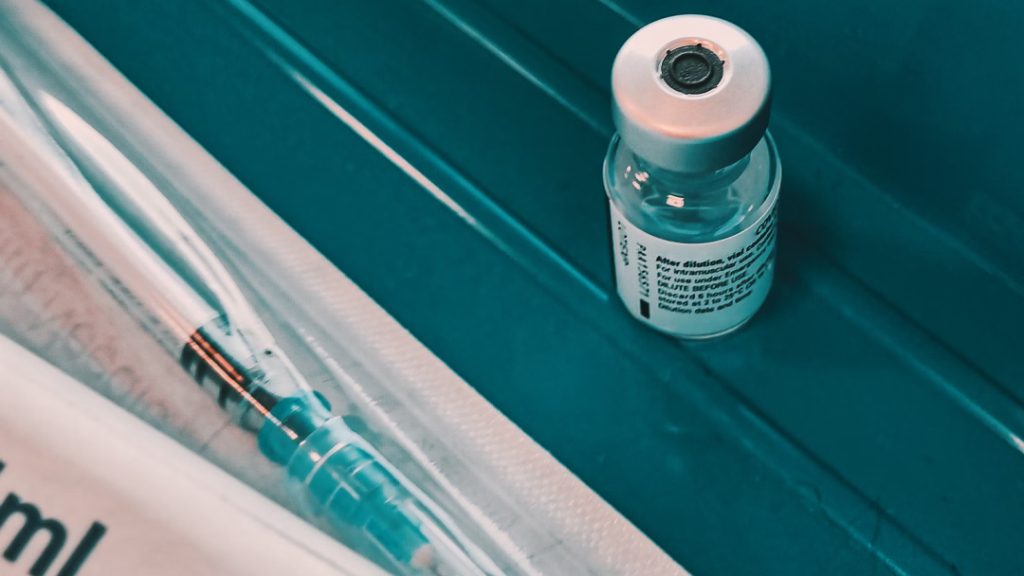The fight against human immunodeficiency virus (HIV) has witnessed numerous advancements, yet the search for effective prevention methods remains a priority. A groundbreaking study reveals that lenacapavir, an antiretroviral medication traditionally used to treat HIV infections, demonstrates remarkable potential as a preventive tool. This promising innovation could revolutionize pre-exposure prophylaxis (PrEP) strategies, offering hope to at-risk populations.

Understanding HIV and Its Challenges
HIV, a virus that compromises the immune system, has no cure. Left untreated, it progresses to acquired immunodeficiency syndrome (AIDS), severely impairing the body’s ability to combat infections. While antiretroviral therapies have transformed HIV from a fatal diagnosis to a manageable condition, prevention remains crucial in curbing its spread.
What is Pre-Exposure Prophylaxis (PrEP)?
PrEP is a preventive strategy involving medication taken by HIV-negative individuals to reduce their risk of contracting the virus. While oral medications like emtricitabine–tenofovir disoproxil fumarate (F/TDF), commonly known as Truvada, have been widely used, adherence to daily regimens poses challenges for many.
The Promise of Lenacapavir
Lenacapavir, initially designed for treating HIV, has emerged as a highly effective option for PrEP. A recently published study in the New England Journal of Medicine evaluated lenacapavir’s efficacy in preventing HIV infections among at-risk individuals. Here are the key findings:
- Efficacy: Subcutaneous injections of lenacapavir every six months reduced HIV risk by over 96%, making it significantly more effective than the daily oral PrEP regimen.
- Adherence: The long-acting nature of lenacapavir simplifies adherence, addressing a major barrier faced by traditional PrEP users.
- Safety and Accessibility: The study reported no significant safety concerns, though broader access remains a challenge, particularly in low-income regions.
The Clinical Trial: An In-Depth Look
The study was a phase 3, double-blind, randomized, active-controlled trial involving 3,265 participants from diverse demographics. Participants were divided into two groups:
- Group 1: Received lenacapavir injections every six months alongside daily oral placebo.
- Group 2: Received daily oral F/TDF and placebo injections.
Both groups underwent regular HIV testing. Results revealed only two HIV cases in the lenacapavir group, compared to nine in the F/TDF group. These outcomes highlight lenacapavir’s superior efficacy, with an adherence rate surpassing traditional methods.
Advantages of Lenacapavir in HIV Prevention
- Convenience: Biannual injections eliminate the daily pill burden.
- Effectiveness: Its efficacy rivals that of a potential HIV vaccine.
- Inclusivity: Tailored for cisgender men, transgender, and nonbinary individuals, addressing the needs of underserved communities.
- Stigma Reduction: Its discreet administration can mitigate stigma often associated with HIV prevention.
Barriers to Adoption
Despite its potential, challenges remain:
- Regulatory Approvals: Lenacapavir is currently approved for select individuals with multidrug-resistant HIV. Wider approval is necessary for broader application.
- Affordability: The high cost may limit access, especially in low-income and middle-income countries.
- Perception and Awareness: Public education efforts are essential to overcome misinformation and promote adoption.
Future Prospects
Ongoing studies aim to explore lenacapavir’s effectiveness in diverse populations, including cisgender women. Researchers are also addressing concerns such as potential drug resistance in rare breakthrough cases.
FAQs on Lenacapavir for HIV Prevention
1. What is lenacapavir, and how does it work?
Lenacapavir is an antiretroviral medication that disrupts HIV replication. Administered as a biannual injection, it prevents the virus from establishing an infection.
2. How effective is lenacapavir in preventing HIV?
In clinical trials, lenacapavir demonstrated over 96% efficacy in reducing HIV risk among at-risk individuals.
3. Who can benefit from lenacapavir for HIV prevention?
Lenacapavir is particularly beneficial for individuals at high risk of HIV exposure, including cisgender men, transgender individuals, and nonbinary populations.
4. What are the side effects of lenacapavir?
The clinical trial did not identify significant safety concerns. However, further research is ongoing to monitor long-term effects.
5. How does lenacapavir compare to daily oral PrEP?
Lenacapavir is more effective and convenient, with higher adherence rates than daily oral PrEP options like Truvada.
Conclusion
The introduction of lenacapavir marks a pivotal advancement in HIV prevention. Its biannual dosing, high efficacy, and suitability for diverse populations offer a transformative solution to address barriers faced by traditional methods. However, overcoming challenges such as accessibility and cost will be critical for maximizing its impact on global health.




